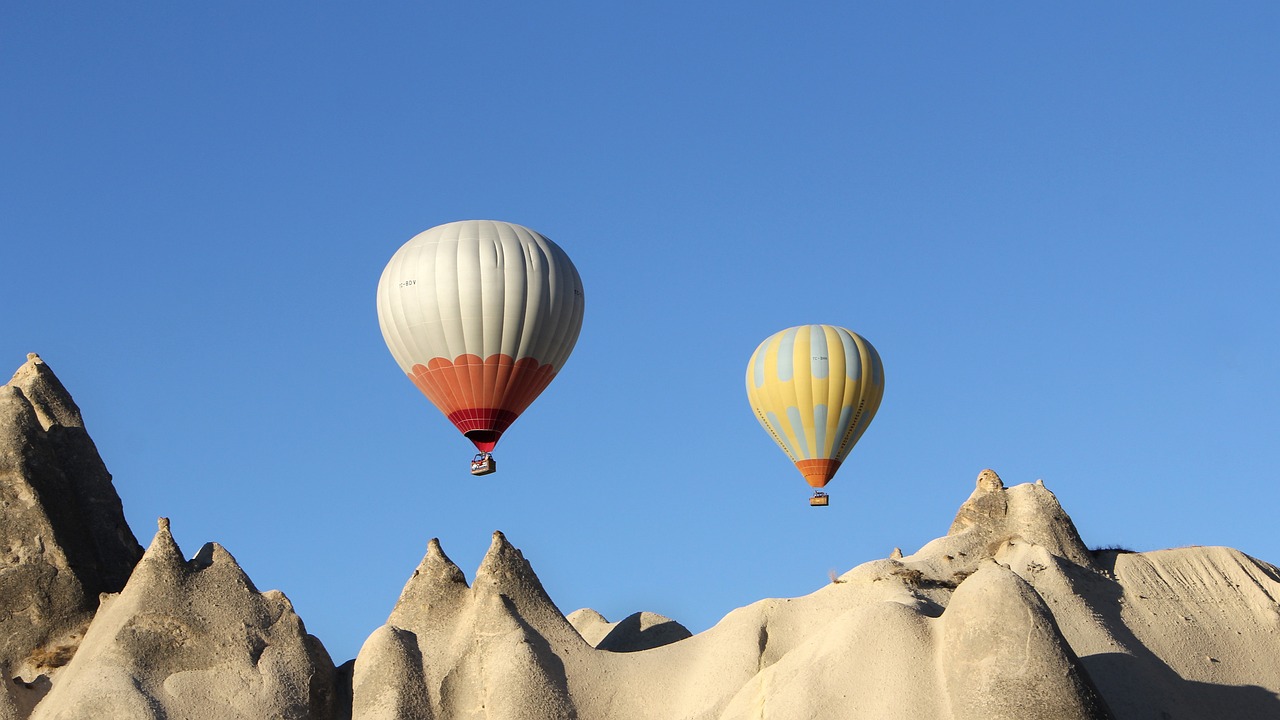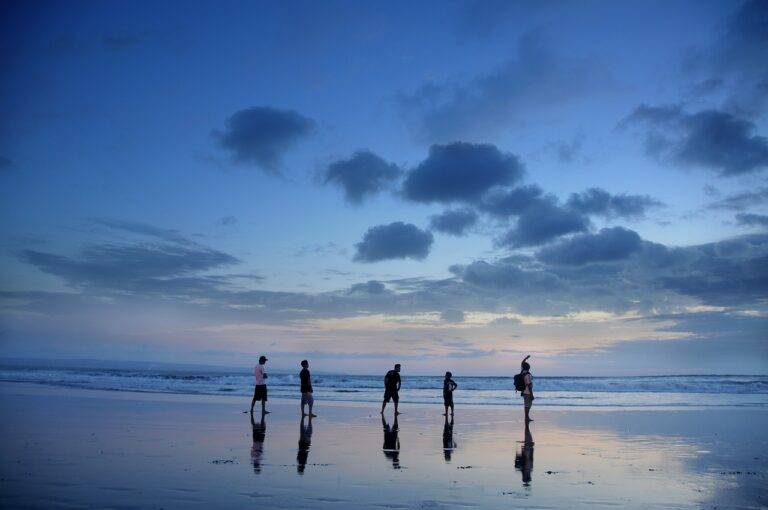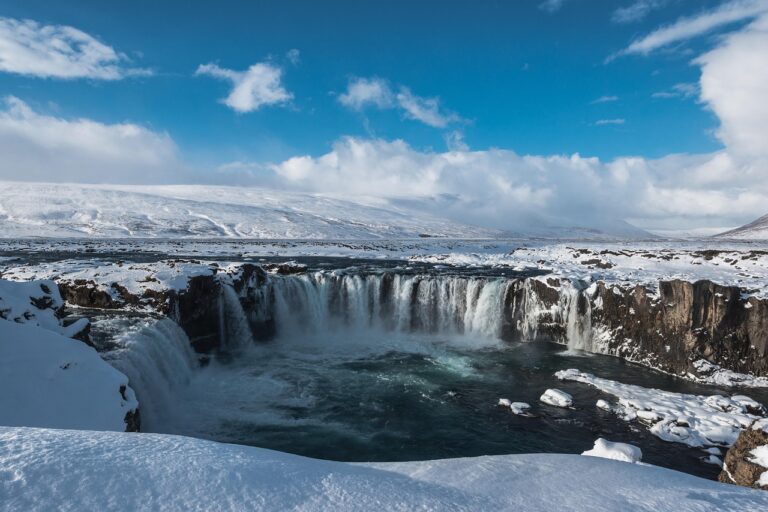Emergency Preparedness: Navigating Crisis Situations while Traveling
As you prepare for your upcoming trip, it is crucial to assess and recognize potential risks that may arise during your travels. Begin by researching the safety and security situation of your destination. Look into factors such as political stability, crime rates, natural disasters, and health hazards present in the area you will be visiting. Understanding the risks beforehand will allow you to take necessary precautions and make informed decisions to ensure your safety throughout your journey.
Next, consider the cultural and societal aspects of your destination that may pose risks to travelers. Familiarize yourself with local customs, traditions, and etiquette to avoid unintentionally offending locals or putting yourself in uncomfortable or dangerous situations. Being aware of these cultural nuances can help you navigate unfamiliar surroundings with sensitivity and respect, ultimately enhancing your overall travel experience.
Researching Local Emergency Services in Your Destination
When traveling to a new destination, it is essential to familiarize yourself with the local emergency services available in the area. Researching ahead of time can help you feel more prepared and ensure that you are equipped to handle any unexpected situations that may arise during your trip.
Start by identifying the contact information for emergency services such as ambulance, police, and fire department in the region you will be visiting. Make note of any specific emergency numbers that are unique to the country or city, as well as any language barriers that may exist when seeking assistance. Understanding how to reach emergency services quickly can potentially save precious time in critical situations.
Packing Essential Emergency Supplies
When preparing for your upcoming travels, it is crucial to pack essential emergency supplies to ensure you are prepared for any unforeseen circumstances that may arise. Prioritizing items such as a first aid kit, flashlight, and non-perishable snacks can provide you with the necessary tools to handle unexpected emergencies while on the road. It is wise to pack extra medication if needed, along with a basic hygiene kit to maintain personal cleanliness in unfamiliar environments.
In addition to physical supplies, it is advisable to carry important documents such as copies of your passport, travel insurance information, and emergency contact numbers. Storing these documents in a waterproof container or a secure digital format can help you access vital information quickly and efficiently in case of an emergency. Remember, preparation is key when it comes to ensuring your safety and well-being while traveling.
• First aid kit
• Flashlight
• Non-perishable snacks
• Extra medication
• Basic hygiene kit
In addition to physical supplies, it is advisable to carry important documents such as copies of your passport, travel insurance information, and emergency contact numbers. Storing these documents in a waterproof container or a secure digital format can help you access vital information quickly and efficiently in case of an emergency. Remember, preparation is key when it comes to ensuring your safety and well-being while traveling.
Why is it important to recognize potential risks before your trip?
Recognizing potential risks allows you to better prepare for emergencies that may arise during your travels.
How can I research local emergency services in my destination?
You can research local emergency services by checking online resources, contacting the local tourism board, or asking your accommodation provider for information.
What essential emergency supplies should I pack for my trip?
Essential emergency supplies to pack include a first aid kit, flashlight, extra batteries, non-perishable food, water, a multi-tool, and a portable phone charger.
How can I ensure that I am prepared for any emergency situation while traveling?
To ensure you are prepared for any emergency situation while traveling, make sure to pack essential supplies, have a plan in place, and stay informed about your surroundings.





